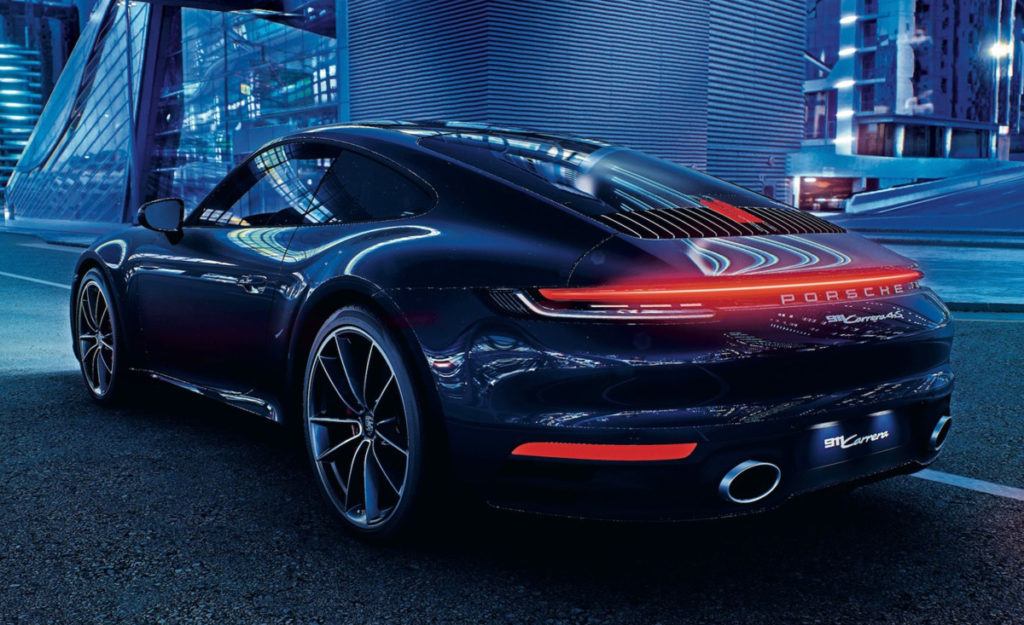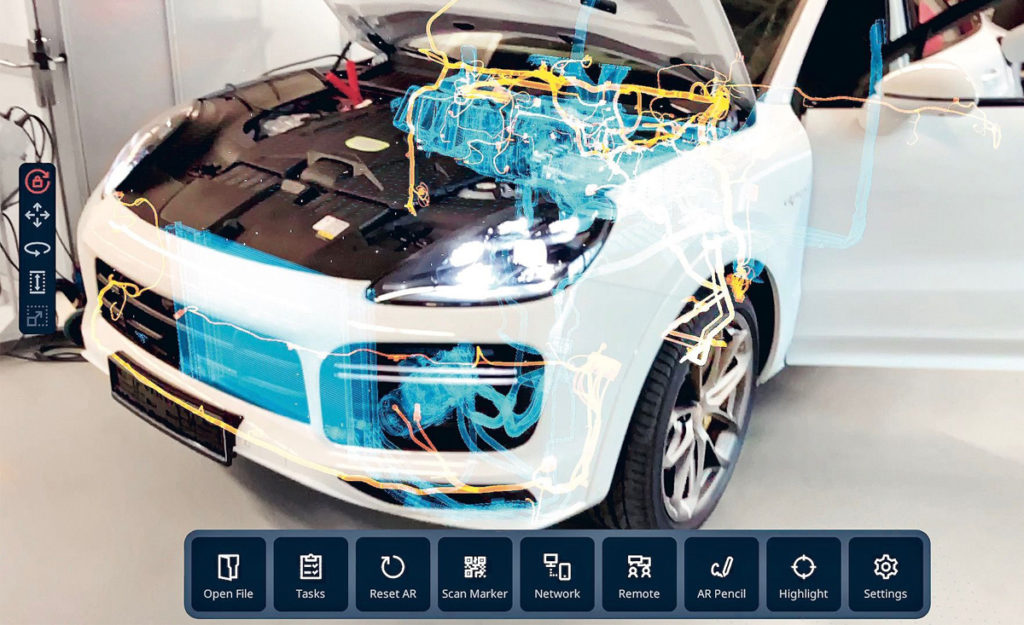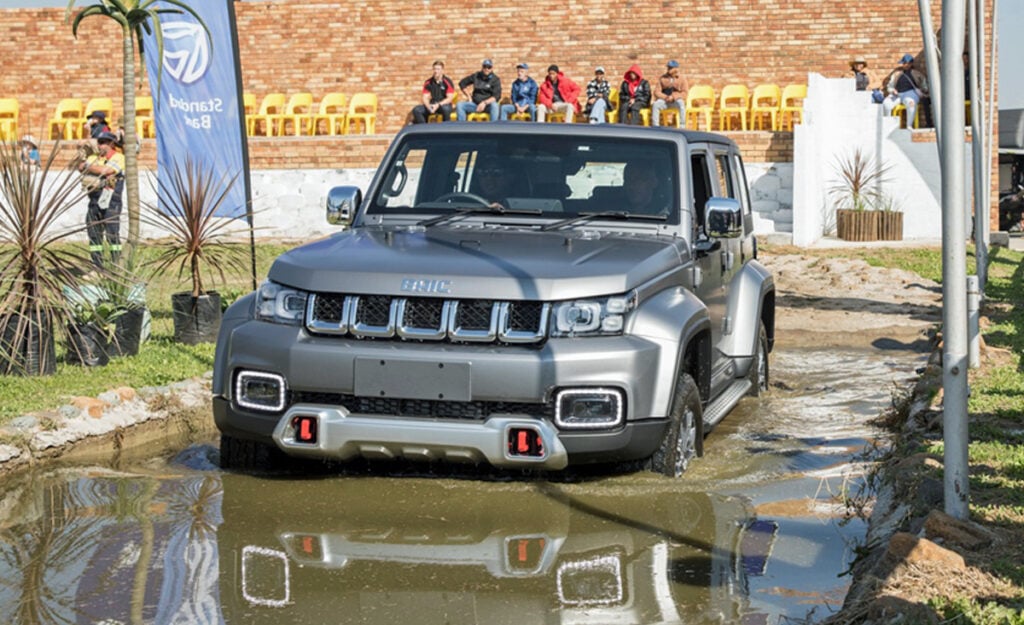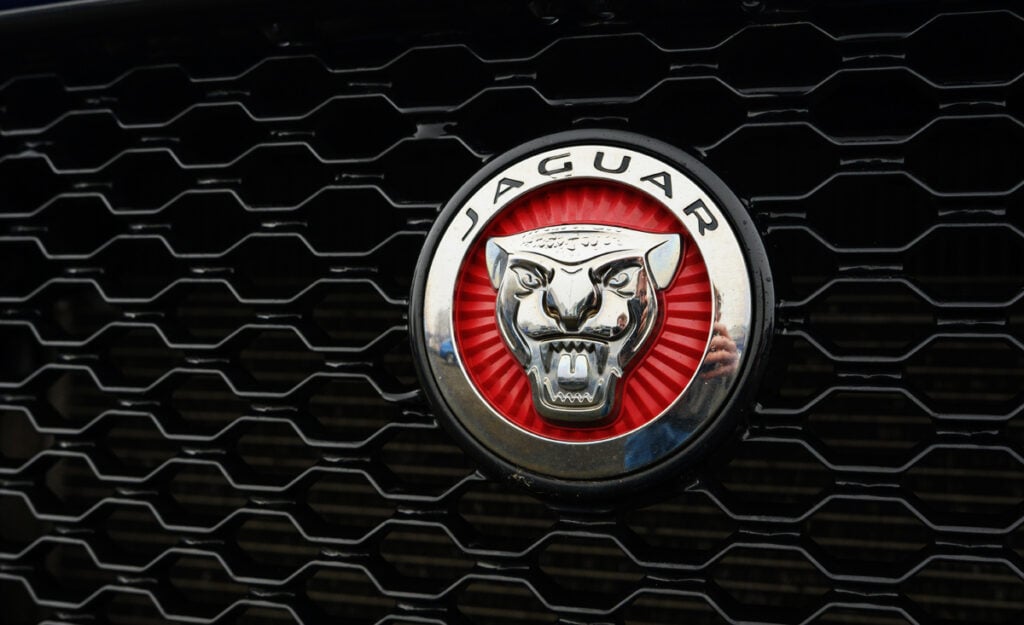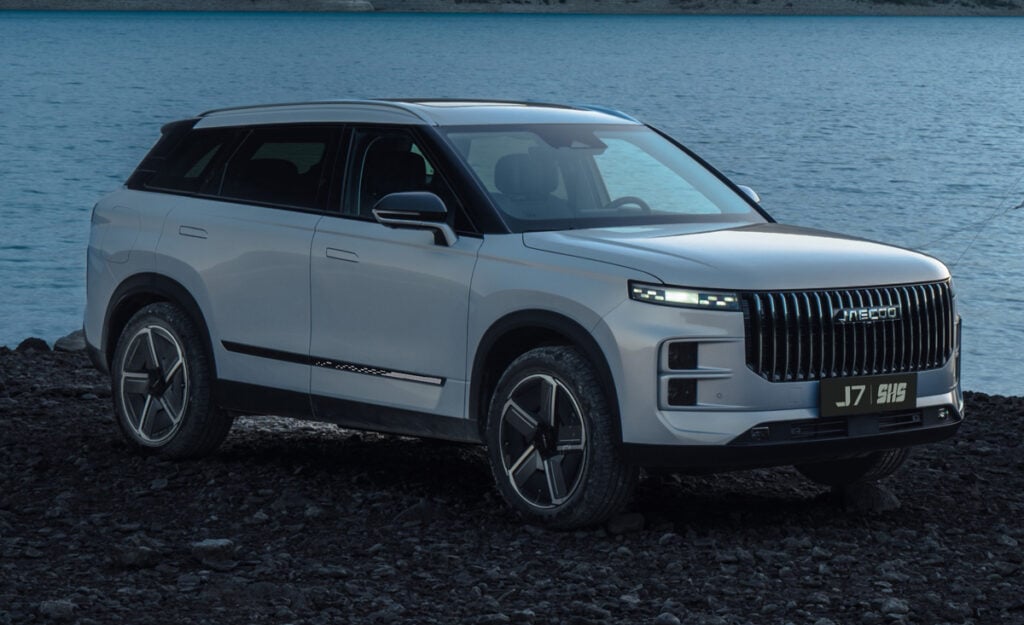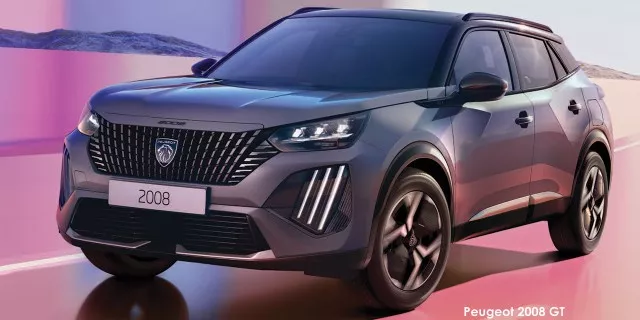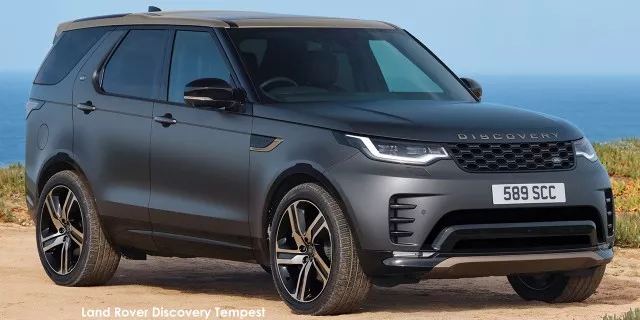Awesome ways Porsche and Volvo use gaming tech for new cars
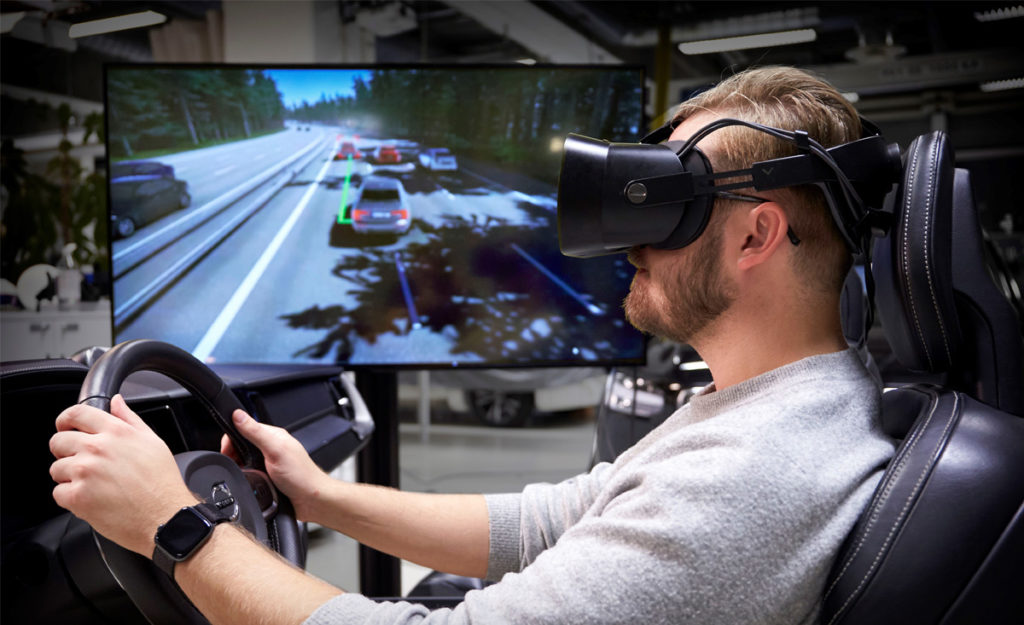
The advanced engines used to develop today’s modern video games have found a home in the research and development teams of many car makers, including Volvo and Porsche.
These gaming engines have been recruited in automotive research and development departments thanks to their advanced offering – which allow for faster development times and the virtual testing of cars.
In the case of Volvo and Porsche, the life-like physics and photo-realistic rendering of the gaming engines Unreal and Unity are allowing the companies to redefine the prototyping process – including new vehicle rendering, handling and safety features, and online buying experiences.
The result is cars that are developed, tweaked, and launched more inexpensively and quicker than ever before by teams of developers who grew up on the tracks of Forza and Gran Turismo.
Why they do it
The constantly-evolving environment inside video games requires fast artificial intelligence and powerful rendering abilities.
For car makers, this means their engineering teams are able to simulate cars, safety tests, and designs quicker and safer than ever before.
Volvo, for example, has been using a mixed-reality simulator to make strides in safety and autonomous driving technology.
In addition, they’ve gone as far as to develop a Volvo XC90 test vehicle which can be virtually transformed into any Volvo model from current and future ranges at the touch of a button.
Volvo has also taken advantage of sophisticated Teslasuits – which gather haptic feedback while worn by a subject – to virtually place test drivers in potentially dangerous situations.
This is done without ever putting a life in harm’s way – something that’s difficult to do in the real world.
Porsche uses the same principles to develop their Advanced Driver Assistance Systems.
The company runs game engines to simulate hundreds of hours of training and validation needed to enhance the sensors that make driving a Porsche a unique experience.
The sensors are taught to calculate and react in various hazardous, fun, or challenging situations – without hitting the tarmac.
Goodbye wild prototypes
These advancements mean that the days of car show prototypes are sadly over.
Life-like virtual models are rendered, adjusted, and tweaked on the fly – without the need to physically build a vehicle.
Porsche, for example, is testing a car configurator that will give its customers an experience of their unique car long before it even hits the production line.
This also means that the days of tweaking a car by feel and real-world testing alone are drawing to a close, as software developers are able to provide life-like feedback about a vehicle without having to build it and put it on the road.
